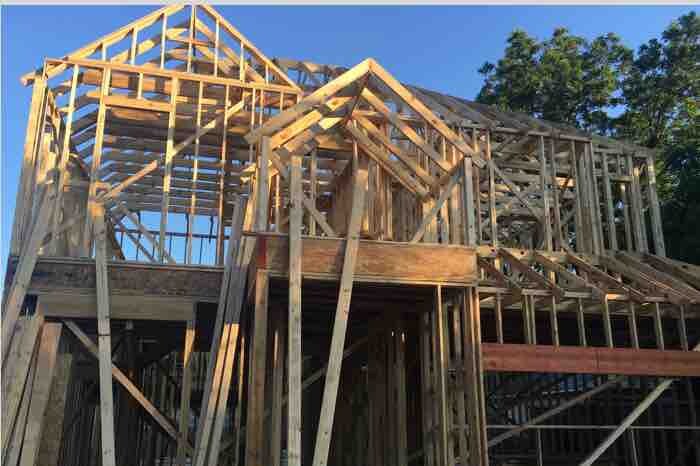
Lumber Producers Acting Like Oil Cartels of the 1970s
In a National Post story on how lumber tariffs are affecting U.S. and Canadian lumber producers as well as American consumers, NAHB CEO Jerry Howard said the domestic lumber industry was behaving in a manner similar to the oil cartels of the 1970s.
“We believe the lumber producers were acting not much differently than the oil cartels did back in the 1970s,†said Howard in an interview with the Canadian news outlet. “There is just too much evidence that leads us to conclude that there was profiteering going on.â€
Here in Dallas lumber prices have increased as much as $5,000 per home even though our market uses little to no Canadian lumber. “It is clear that many producers are not letting a good crisis go to waste,” said Dallas BA Executive Officer, Phil Crone. “In and of themselves the tariffs should not increase prices this much. The numbers from NAHB indicate they are taking extra profits at the expense of home buyers and home owners.”
Domestic lumber production has not kept pace with growing demand since the tariffs were enacted, and U.S. logging and sawmill employment has been relatively flat. In a normal economic scenario, tariffs coupled with a steadily growing housing recovery would encourage domestic lumber producers to ramp up production and hiring to meet a growing demand for lumber.
